Alan Young: 12 Facts About the 'Mister Ed' Star | Woman's World
There were a lot of odd TV shows in the 1960s, but one of the most unique had to be Mister Ed, about a guy named Wilbur Post who discovers that his horse can actually talk — which he did between 1961 and 1966. And while the tricks used to give the impression that the equine was chatting away worked wonderfully, none of it would have connected with the audience without an actor like Alan Young, who's the one who had to sell the concept week after week.
Alan Young was actually born Angus Young on November 19, 1919 in North Shields, Northumberland, England, to Scottish parents, and from the start it seems that he was destined for stardom. How could he not be considering that his mother was a singer and that his father was both a mine worker and a tap dancer? C'mon, something great had to come out of that!
What might surprise people is that there was a lot more to Alan Young than Mister Ed, his career having begun (quite successfully) in radio before making the transition to television, the big screen and as the voice of a popular Disney character.
Check out what follows to learn much more about Alan Young.
1. He Grew Fascinated with Radio as a Child
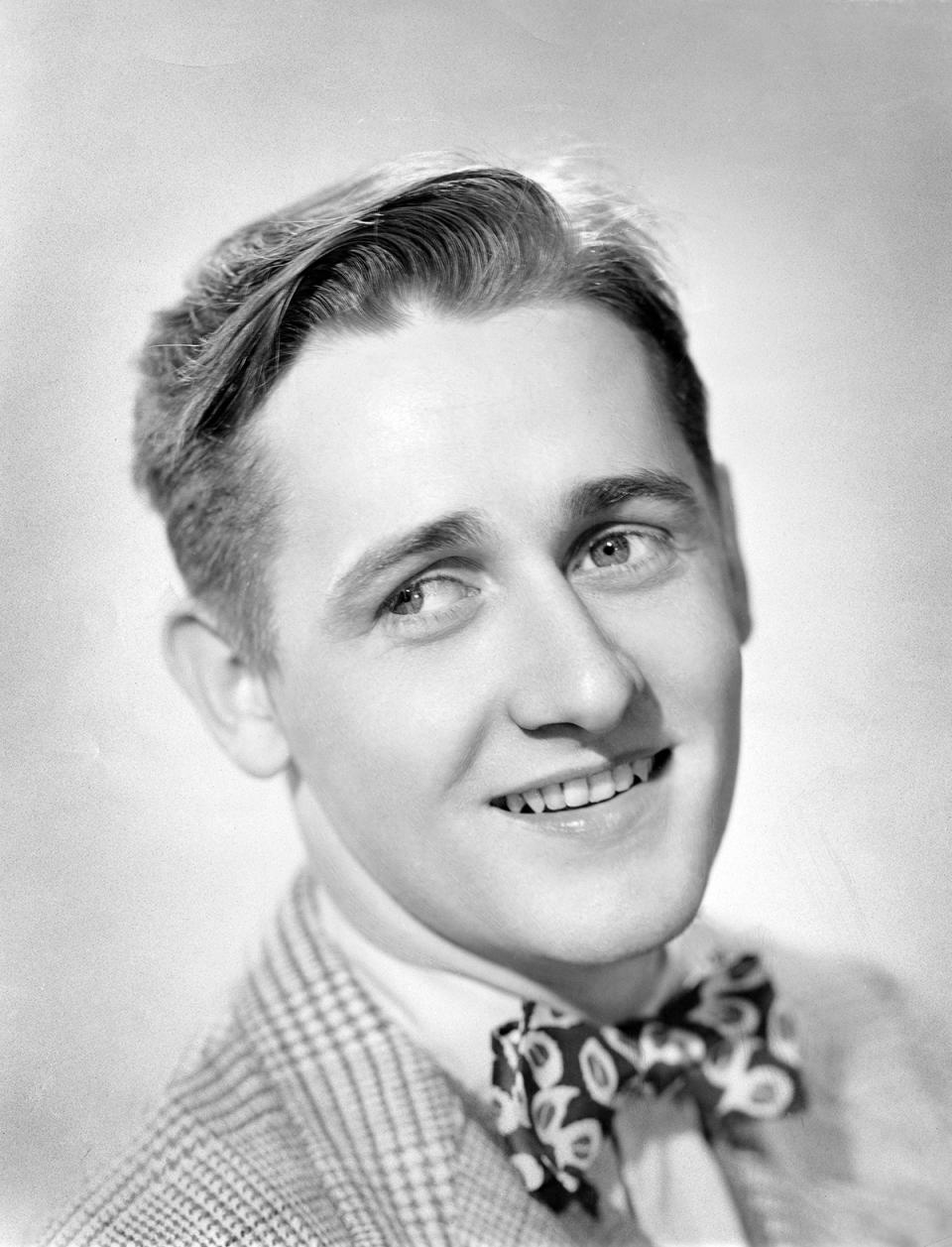
(PhoJohn Springer Collection/CORBIS/Corbis via Getty Images
Alan was bedridden through much of his childhood as a result of asthma, and his form of escape was through the radio — which he would listen to for hours on end. By the time he got to high school, he was hosting his own comedy radio series on the CBC network. That came to an end when he went to serve in the Royal Canadian Navy during World War II.
2. Alan Went Radio Pro Following the War
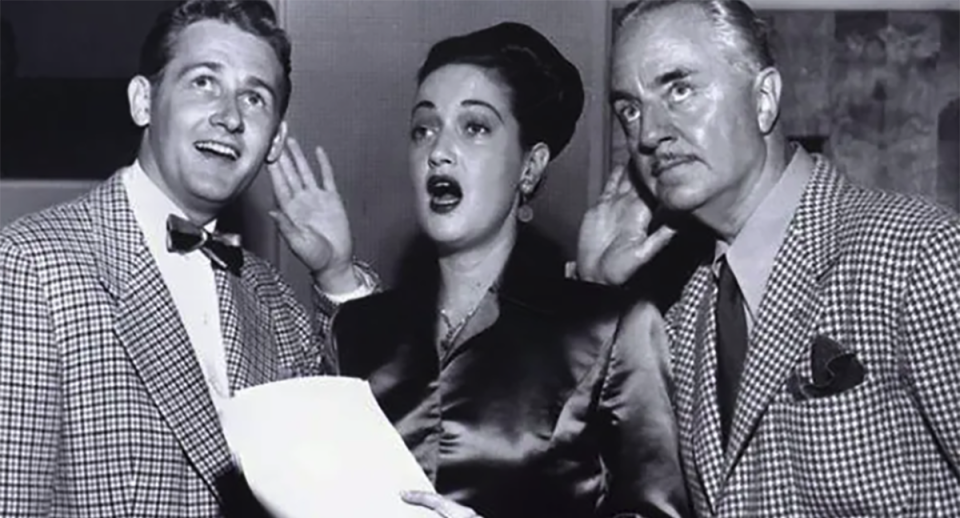
?CBS
After the war, he moved to Toronto and picked things up where they left off on the radio. At that time he was discovered by an American agent and the next thing he knew, he was In New York, where he started appearing on American radio for the first time in 1944. Amazingly, he was given his own self-titled show, which he would host between 1944 and 1949.
The New York Daily News said of him, “He has achieved the position of a star in American broadcasting in violation of all the recognized rules. It is almost mandatory for talent to break in on small independent stations, then switch to some network on a sustaining basis, followed by a long building-up process, being spotted as a guest at regular intervals. None of this for Young. So, this youngster, unknown to American radio listeners a few months ago, is now a star in his own right.”
3. The Alan Young Show Co-Starred Jim Backus

Silver Screen Collection/Hulton Archive/Getty Images
One thing to be pointed out is that his radio show was a sitcom, with co-stars Louise Erickson as his girlfriend, Betty; and Jim Backus as the snobbish and wealthy Hubert Updike III, a character very similar to his Mr. Howell on Gilligan’s Island about 20 years later. Not surprising since both Updike and Howell were created by Sherwood Schwartz, who would bring viewers both Gilligan’s Island and The Brady Bunch.
MUST READ: Jim Backus — Remembering the Man Who Gave Us Mr. Magoo and Mr. Howell from Gilligan's Island
4. His Movie Career Began in the 1940s
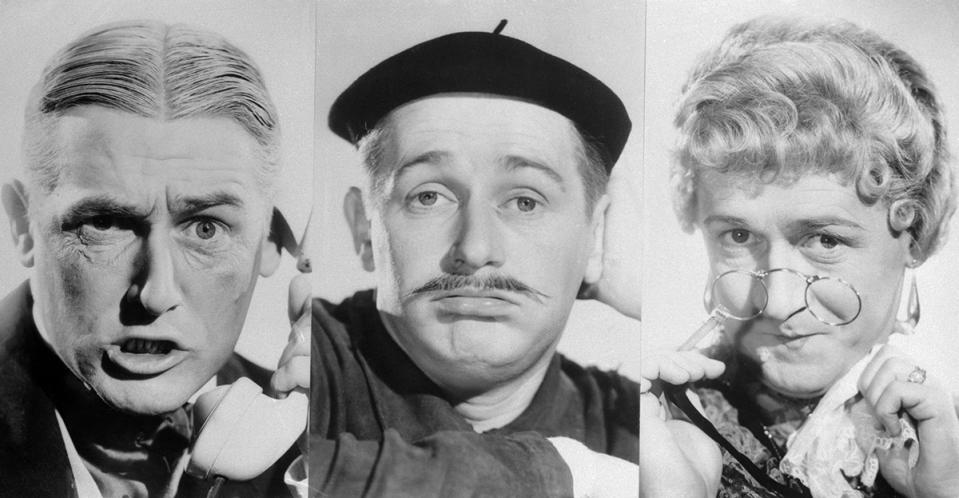
Getty Images
He made the shift from radio to the big screen in the 1940s and 1950s, his natural good-natured humor and charm playing well with audiences. Some of his film roles include Margie (1946), Chicken Every Sunday and Mr. Belvedere (both 1949), Aaron Slick from Punkin Crick and Androcles and the Lion (both 1952), Gentlemen Marry Brunettes (1955) and Tom Thumb (1958).
5. TV Takes on The Alan Young Show
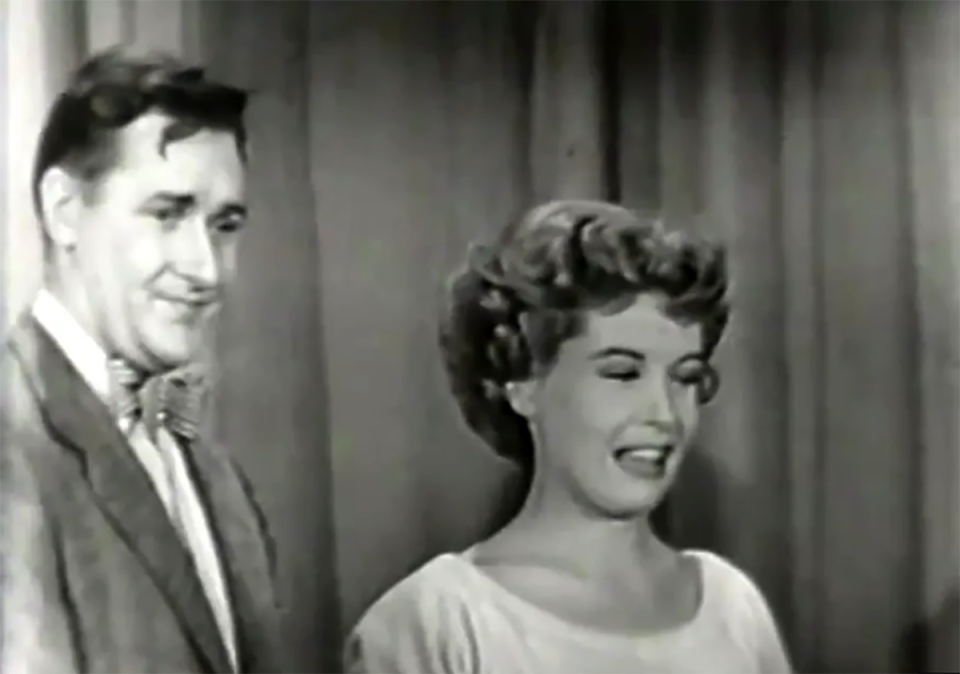
?CBS
Like many radio shows at the time, The Alan Young Show was viewed as a property that would work on television as well, and in 1950 it was brought to life on CBS. The difference here is that it was turned into a variety and comedy sketch show. What’s odd is that the show took a hiatus in March 1952, came back a little less than a year later in the same format, but during its last two weeks it saw Alan take on the role of a bank teller in what was suddenly a regular situation comedy.
MUST READ: 1950s TV Sitcoms — 40 Classic (and Not So Classic) Shows, and Where to Stream Them
6. He quit television in 1955
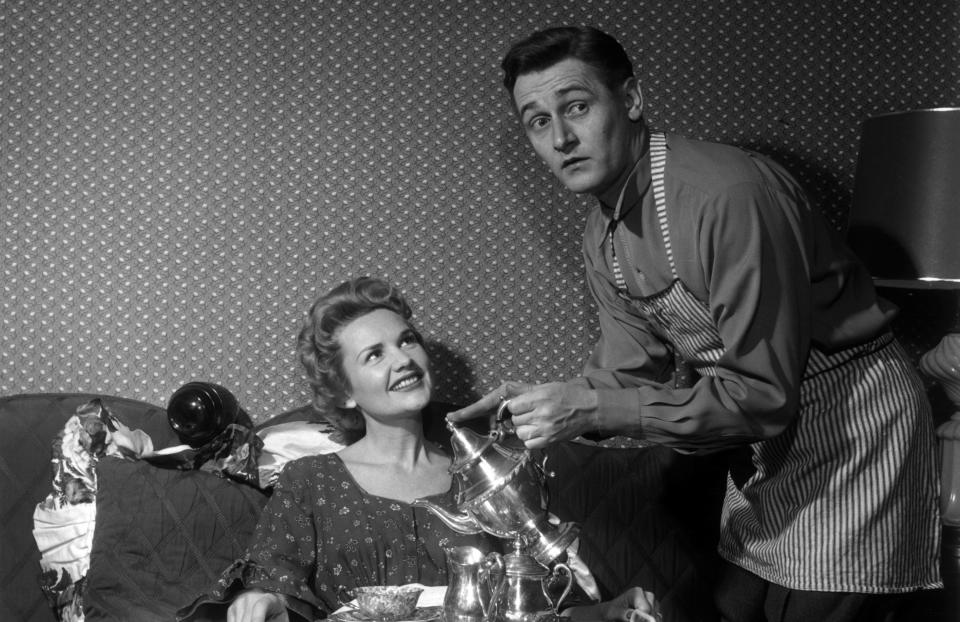
Hulton Archive/Getty Images
Not liking the way the medium was changing, Alan decided to step away and moved to England for a time, where he worked in television there. He summed the decision up this way: “I don’t know exactly where it’s going. Possibly the spectaculars will take over. I don’t want merely a five-year career, so I’m going to sit back and wait.”
Elaborating on the decision in 1961, he reflected, “I was under the impression things were going rather well [with the show]. Then a lot of things were working against us. The trend was going in opposition to comedians. Our scripts had gotten weaker and I can say, because I was one of the writers. I sat home for a while and tried to figure out what happened. For about a year I had plenty of offers for guest spots. I was busy enough and my pride was soothed. The second year I had fewer offers and I could see they were going to get fewer all the time. So we packed up and went to England.”
7. Hello, He’s Mister Ed!
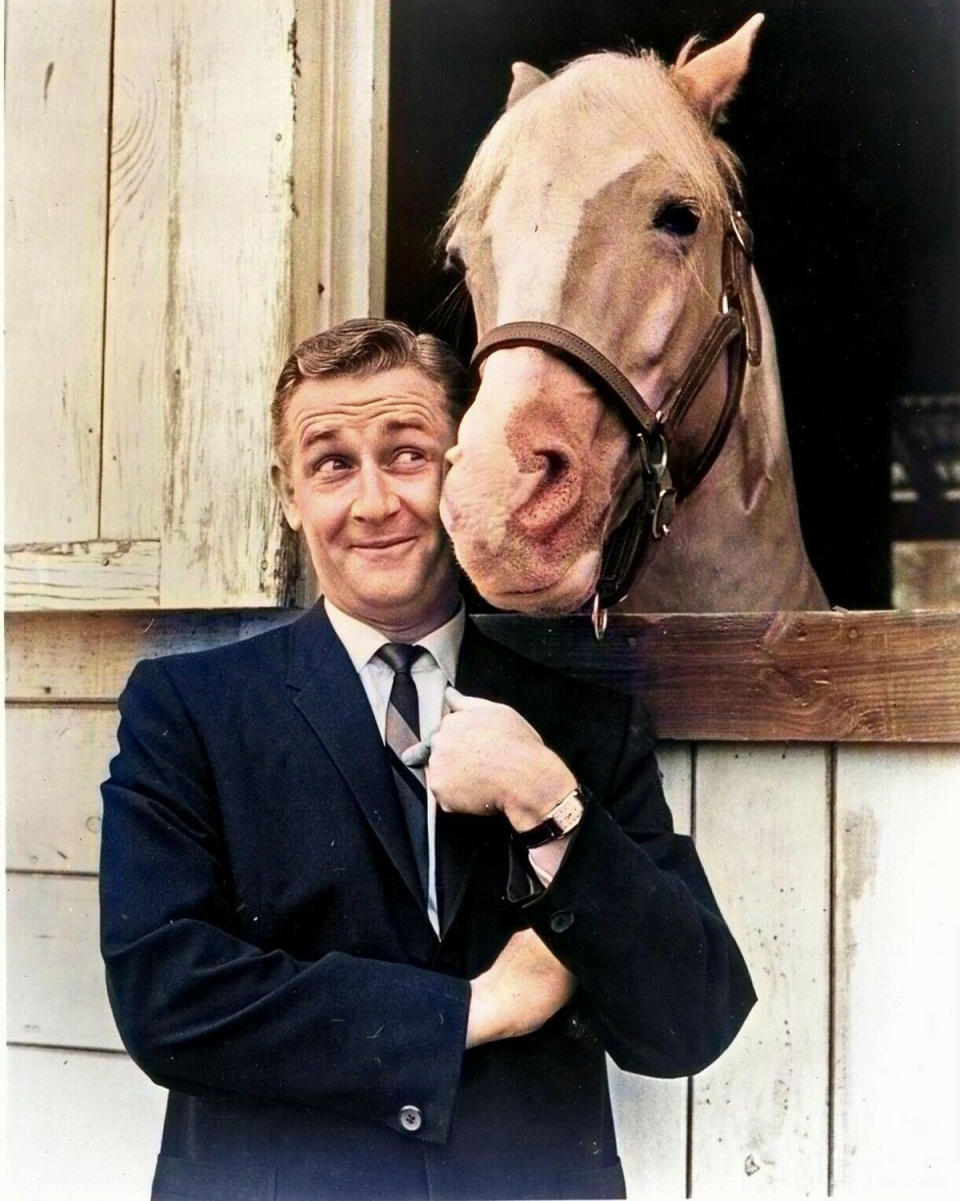
?CBS/courtesy MovieStillsDB.com
But return to American television he did, starring in the 1961 to 1966 series Mister Ed, in which he played Wilbur Post, who discovers that his horse — Mister Ed — can talk, but will do so only with him. On the surface it sounds like such a silly premise, but the TV audience absolutely loved it.
Said Alan at the time, “People who hadn’t bothered to contact me for years were troubled that I would do a series with a talking horse. To tell the truth, I had some misgivings at first, but reading that first script convinced me the idea was more pure comedy than childish fancy. Mister Ed is a personality of many moods and a mind all his own. Do you know who calls the lunch breaks on our show? That horse does! When he’s hungry, he just tosses his head and turns his back to the camera.
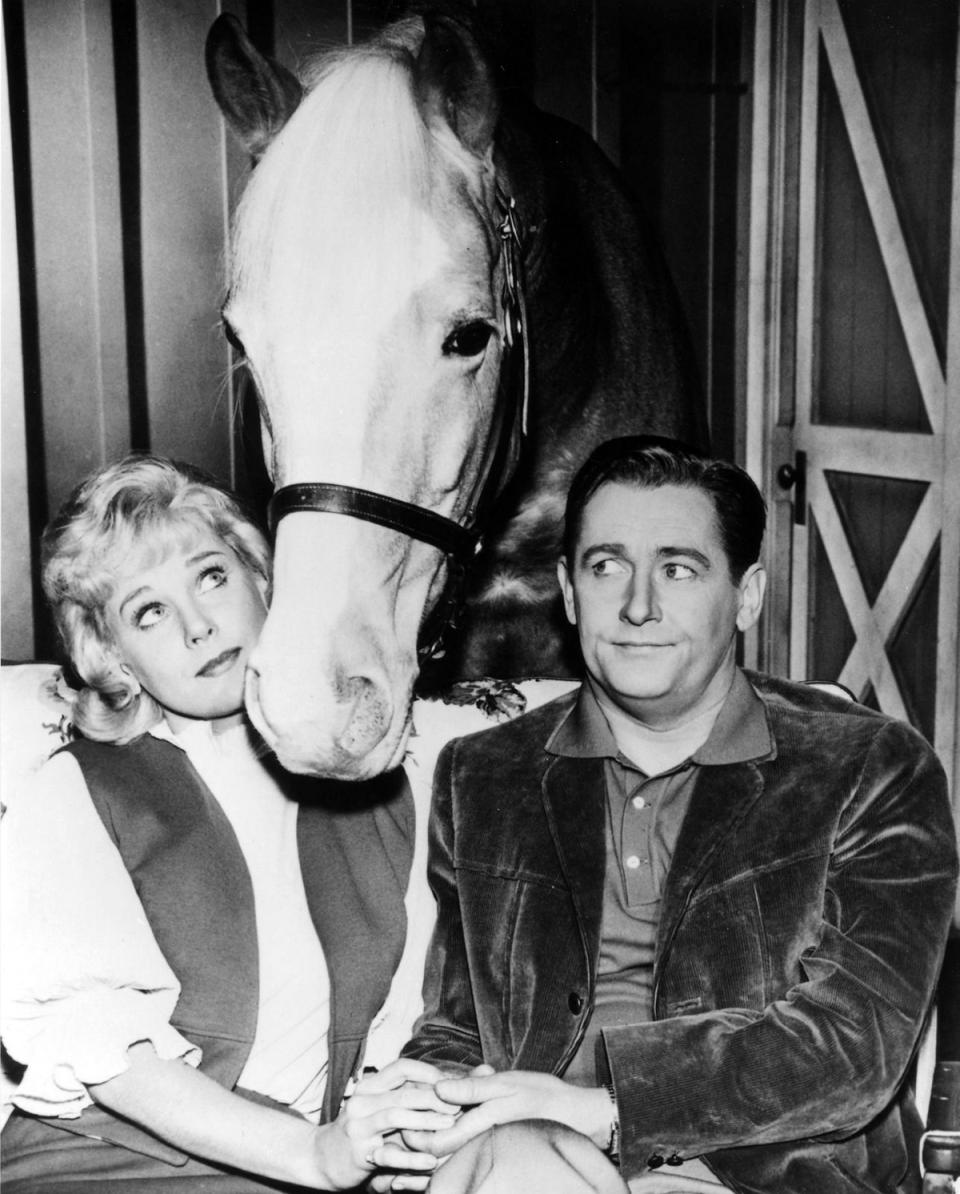
?CBS/courtesy MovieStillsDB.com
“Doing Mister Ed is like a vacation for me,” Alan noted. “I never get a frantic phone call from the producer, ‘Alan, the second spot is a little weak, we’ll have to rewrite it.’ Believe me, a situation comedy is a snap compared to a sketch show.”
8. Alan’s Feelings About Mister Ed Gradually Changed
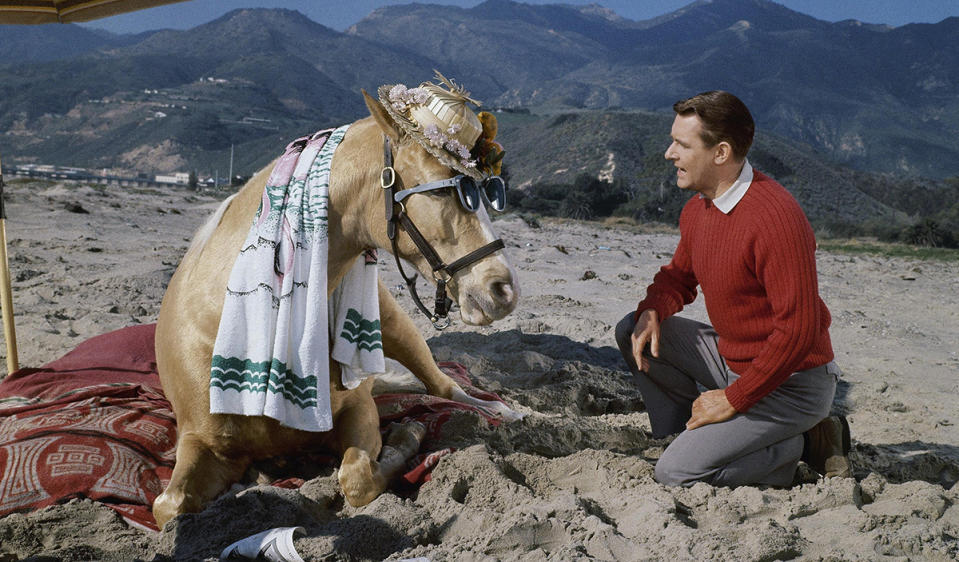
?CBS/courtesy MovieStillsDB.com
He admitted to the The Times of San Meteo that in the first year, Mister Ed was “just a horse” to him. However, by year two: “Gradually, I grew fond of him. His stall is right out there, next to my dressing room. Now I talk to him all the time. We’ve become friends. During summer vacation, I missed him so much I went to his trainer’s home just to pay Mister Ed a visit. Mister Ed is a lovable critter. Off-screen he takes every chance to nuzzle me. Maybe the show is affecting me a little bit. Every morning when I come on the set, I say hello to him. What worries me is that I find myself waiting for an answer.”
"In 1953,” he explained, ‘I couldn’t picture myself being buddy-buddy with any kind of a horse, silent or gabby. Although I’d spent two years on my own television variety show with all sorts of animals, from skunks to lions, I’d never cared for horses. I was afraid of them. Today I can’t picture myself doing anything without Mister Ed. And I feel completely at ease around him.”
9. The Challenges of Conversation
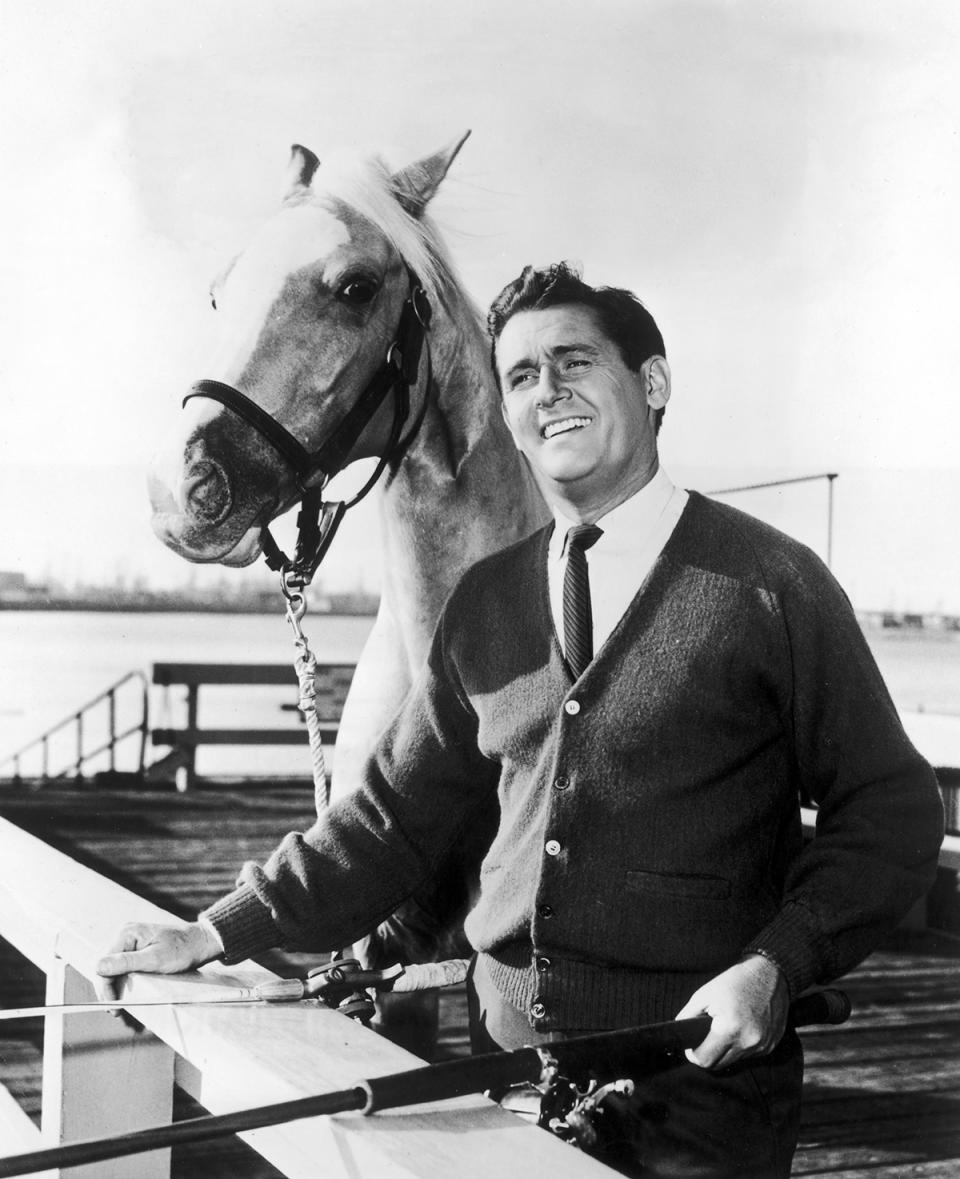
Hulton Archive/Getty Images
As production would begin on each episode, Alan would spend about three minutes talking to Mr. Ed. "If," he said, "I put over the idea the horse is doing most of the talking, that's great. It isn't quite as easy as it looks, because I have to remember the cues while watching Mister Ed. If he moves around, pokes me or turns his head away, I have to ad lib much of the scene. Actually, the horse doesn't do a great deal of talking."
10. The show's cancelation caught Alan by Surprise
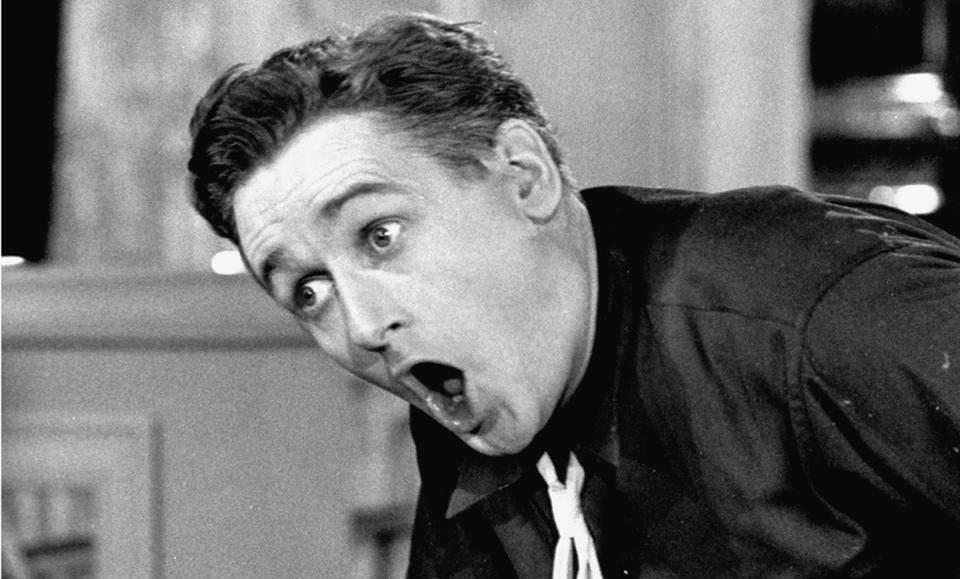
John Swope/Getty Images
Nobody suspected that Mister Ed would be canceled when it was. In fact, they were reading through the script for the next episode when word reached them. "It was like a bombshell," Alan told the Archive of American Television, "because we had a rating that was so high. But Jim Albi was out at CBS and a new man took over with a broom and he swept out a lot of different shows. He was trying to change the image of CBS and we were all sacked."
11. Voicing Scrooge McDuck
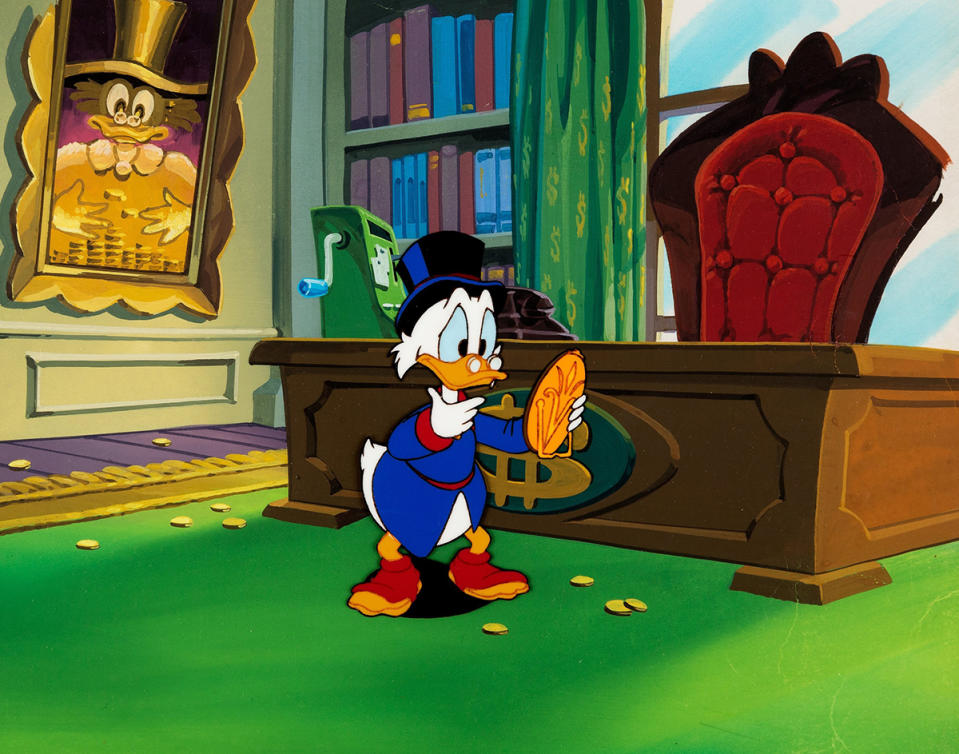
?Disney/courtesy MovieStillsDB.com
Although Alan kept busy with supporting movie roles and TV guest appearances, his next greatest claim to fame was voicing the character of Scrooge McDuck in the films Mickey’s Christmas Carol (1983), DuckTales the Movie: Treasure of the Lost Lamp (1990) and Mickey’s Once Upon a Christmas (1999), and on Disney’s DuckTales (1987 to 1990) and the Mickey Mouse (2015 to 2016) TV series.
12. Some personal facts about Alan Young
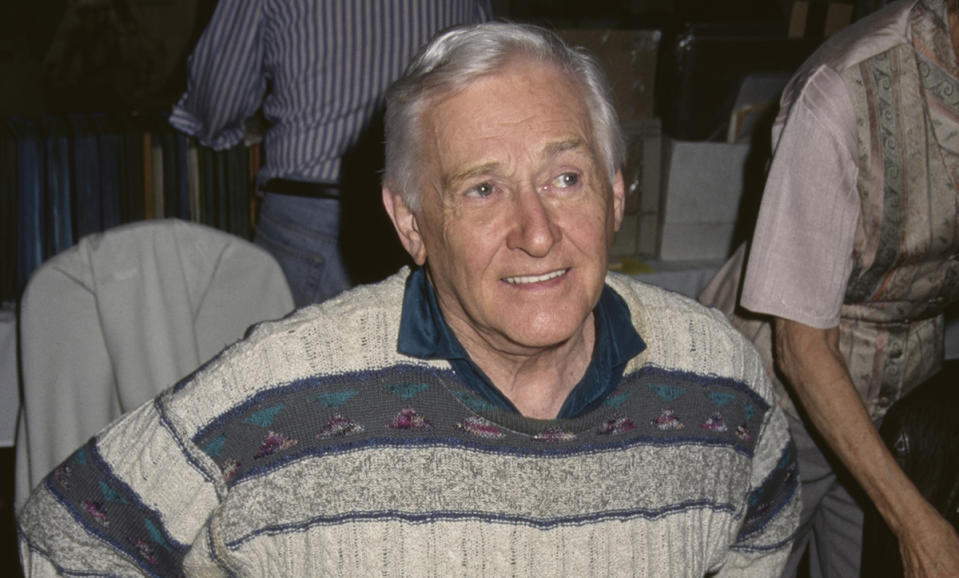
Vinnie Zuffante/Getty Images
Alan was married three times — to Mary Ann Grimes (1943 to 1947), Virginia McCurdy (1948 to 1995) and Mary Chipman (1996 to 1997). The father of four, the last part of his life was spent living in the retirement community of the Motion Picture & Television Country House and Hospital. He passed away on May 19, 2016 at the age of 96.
Enjoy much more of our Classic TV articles
